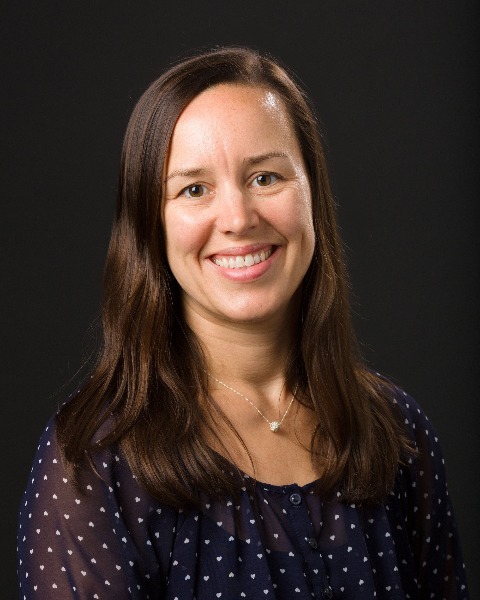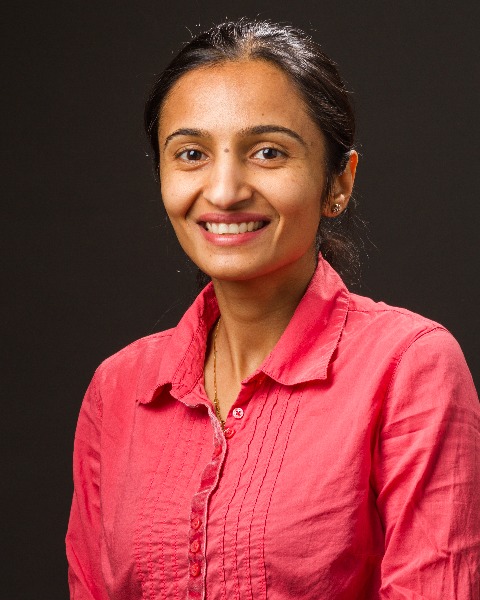Academic and Research Skills
Career Development Pathway
Diversity, Equity and Inclusion
Medical Education
2375 - The Better Letter: Mastering the skills of writing effective, bias-free recommendations
-
CR
Cindy Roskind, MD
Associate Professor
Columbia University Medical Center, Vagelos College of Physicians and Surgeons
New York, New York, United States -
JB
Joan Bregstein, MD
Professor of Pediatrics (in Emergency Medicine)
Columbia University Irving Medical Center, Vagelos College of Physicians & Surgeons
New York, New York, United States -
PD
Peter Dayan, MD, MSc (he/him/his)
Professor of Pediatrics in Emergency Medicine
Columbia University
Hastings on Hudson, New York, United States -

Melissa Langhan, MD, MHS (she/her/hers)
Associate Professor of Pediatrics and Emergency Medicine
Department of Pediatrics and Emergency Medicine, Section of Emergency Medicine
Yale university
New Haven, Connecticut, United States -

Gunjan Tiyyagura, MD, MHD (she/her/hers)
Associate Professor of Pediatrics
Pediatrics
Yale School of Medicine
New Haven, Connecticut, United States
Leader(s)
Co-Leader(s)
Letters of recommendation and promotion are required components for academic advancement at every level. Faculty are frequently asked to write letters, often without having received training in how to write effective and unbiased letters. Literature on the quality of letters of reference is limited. Although frameworks such as the Standard Letter of Evaluation (SLOE) have been adopted by a few specialties, the narrative letter of recommendation remains the norm. Recent studies suggest that letters often use language that portrays gender and racial bias, which may negatively impact underrepresented candidates.
This workshop will identify the key components of an effective letter of recommendation or promotion, provide a framework for letter writing, and introduce a tool to recognize bias within the language by providing facilitated writing practice.
The workshop will begin with an introduction to the general principles of letter writing. A specific framework will be presented. Attendees will group themselves at tables according to the type of letter they most often write, such as letters for graduate trainees or letters of reference for faculty jobs. In small groups, participants will then critique sample letters provided and share their findings. Next, the principles of bias in language and the potential impact of word choices will be discussed. Participants will view sample letters with a focus on identifying biased language that could be altered for neutrality. Participants will be familiarized with a web-based Bias Calculator with which they can assess their own writing. Finally, participants will practice writing a letter, using scenarios provided.
